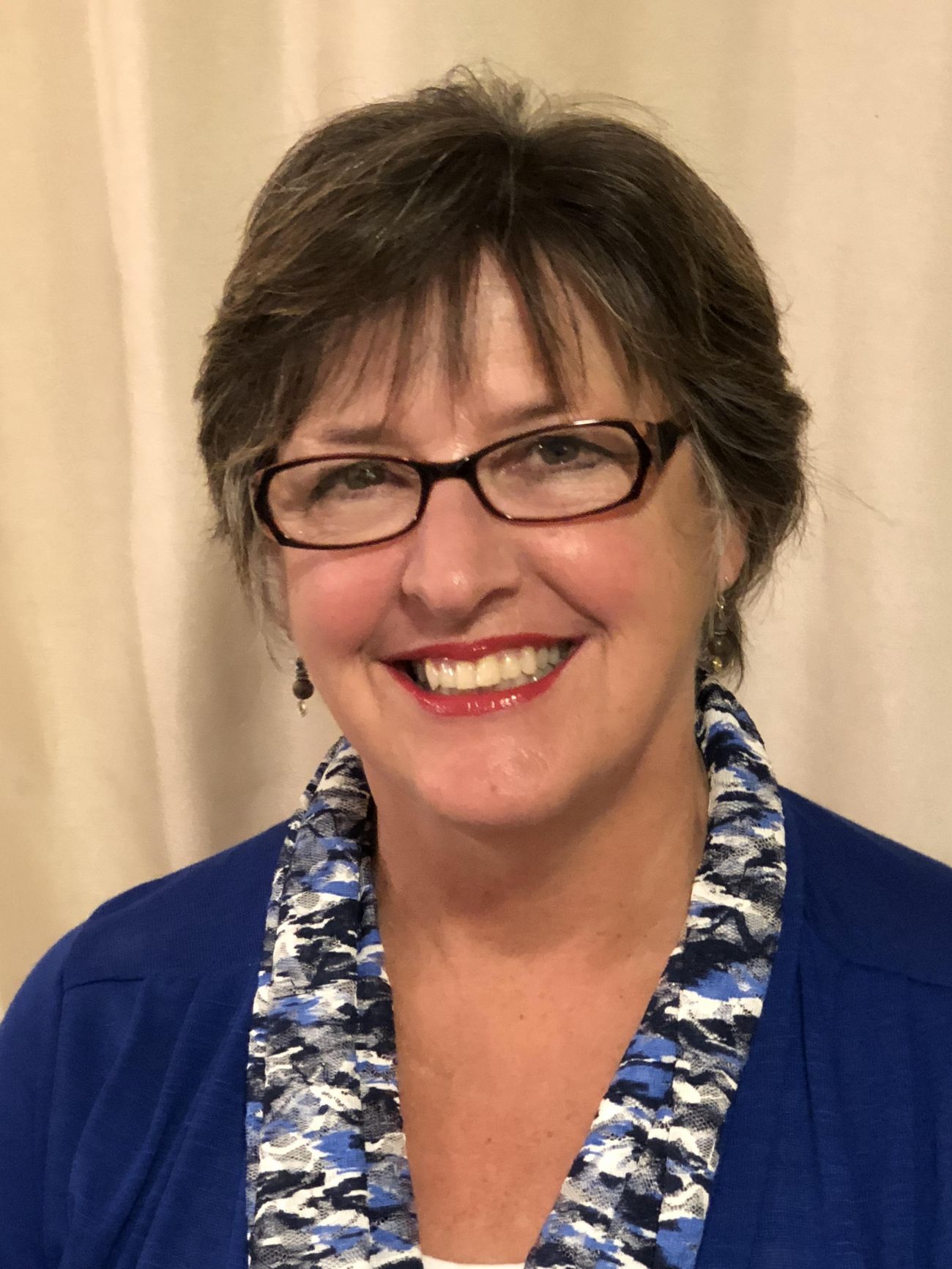Opinion | School equity proposal exacerbates system of winners vs. losers

Rebuttal: Fund the child, not the ZIP code, in Michigan school budget
Public education has much to celebrate but has many challenges ahead. The recent research and resulting dialogue across Michigan about current funding is raising awareness by the public at large, that funding should be based on student need, and that experts are once again trying to pull wool over our eyes. Funding based on need should theoretically even the playing field, creating opportunities for all children. In other words, funding based on need is “equitable” funding.
The school research collaborative, costing $1 million, sets itself up as an expert developing a funding model supported by Gov. Gretchen Whitmer. The model has drawn widespread support from districts across the state. There’s a problem with the model however; it doesn’t work. In fact, the governor’s proposal does exactly the opposite of what the research says is good policy. Under the governor’s budget proposal, the highest funded districts would receive the greatest increases, and the lowest funded districts would receive the lowest increases. We have studied the data for districts across the state, and it is clear, this proposal does nothing to increase equity. Instead, it exacerbates the current system of winners and losers.
It’s hard to understand why this proposal has such widespread support. Perhaps it has something to do with funding being complicated, or the fact that any increase is better than no increase, even if the highest funded districts get the largest increases. But the more likely reason is that those who have the most to gain from this proposal are the ones who wrote it. They contort and confuse the terms “equity” and “equal”, and paint a picture that somehow makes it OK for the highest-funded districts to receive the highest increases in funding. In doing so, they put the credibility of the educational community in jeopardy. Who would ever say that the highest-funded districts should get the largest increase and the lowest funded the smallest increase?
The education community has developed a false narrative and our credibility is at stake. Let’s get serious about equity and make base foundation funding equal for all students. That would do much to support education services for all students. By valuing all learners we could have smaller class sizes, more social workers, more nurses, the best teachers, and learners that are performing at the highest levels across the nation, like we did before Proposal A in 1994. Reform is necessary but the collaborative solution is not a solution for all learners. Once again, Lansing is failing us but it is us who are allowing the shell game to continue.
See what new members are saying about why they donated to Bridge Michigan:
- “In order for this information to be accurate and unbiased it must be underwritten by its readers, not by special interests.” - Larry S.
- “Not many other media sources report on the topics Bridge does.” - Susan B.
- “Your journalism is outstanding and rare these days.” - Mark S.
If you want to ensure the future of nonpartisan, nonprofit Michigan journalism, please become a member today. You, too, will be asked why you donated and maybe we'll feature your quote next time!




